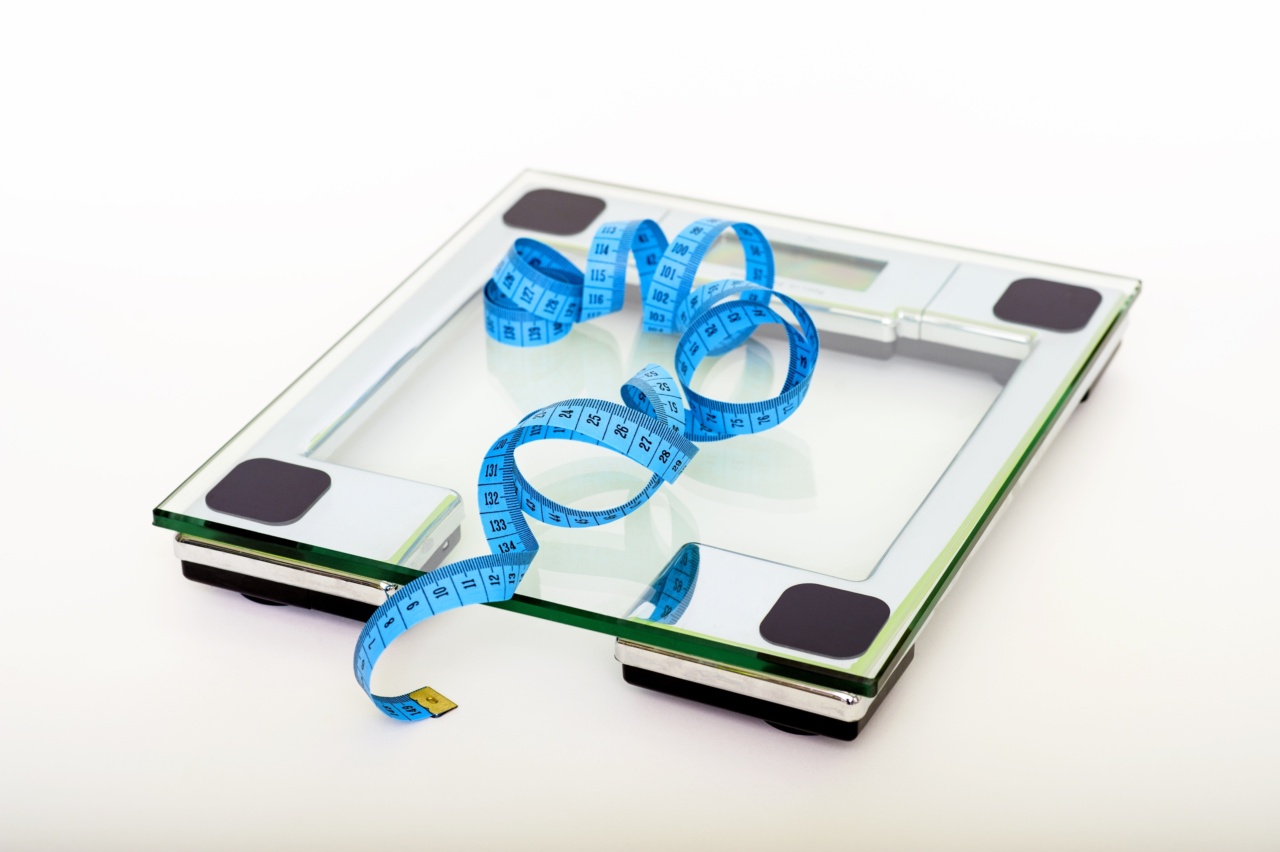When it comes to maintaining kidney health, diet plays a crucial role.
Our kidneys are responsible for filtering waste and excess fluids from our blood, so it’s important to be mindful of what we consume to avoid putting undue strain on these vital organs. Certain foods and beverages can be particularly harmful to our kidneys, leading to a range of issues such as kidney stones, urinary tract infections, and even chronic kidney disease.
In this article, we will explore the renal-harming diets that you should avoid to ensure optimal kidney health.
1. Excessive Sodium Intake
High sodium diets can be extremely damaging to the kidneys. The kidneys help regulate sodium levels in the body, and consuming too much sodium can disrupt this balance, leading to increased blood pressure and kidney problems.
Foods that are particularly high in sodium include processed meats, canned soups, fast food, and salty snacks. Limiting your sodium intake is crucial for maintaining kidney health.
2. Animal Protein Overload
While protein is an essential nutrient for our bodies, consuming excessive amounts of animal protein can be harmful to the kidneys.
When we consume more protein than our bodies need, the kidneys have to work harder to filter out the waste products of protein metabolism. This additional strain on the kidneys can potentially cause kidney damage over time. It is important to strike a balance and not overindulge in animal protein-rich foods such as red meat, poultry, and eggs.
3. High Oxalate Foods
Oxalate is a naturally occurring compound found in many foods. While our bodies can eliminate small amounts of oxalate, consuming high levels of it can lead to the formation of kidney stones.
Foods that are particularly high in oxalate include spinach, beets, rhubarb, chocolate, and nuts. It’s important to consume these foods in moderation and ensure that you balance them with other healthy choices to minimize the risk of kidney stone formation.
4. Sugary Beverages
Sugary drinks such as soda, energy drinks, and fruit juices are not only harmful to our overall health but also put our kidneys at risk.
High sugar intake has been linked to an increased risk of kidney disease, as it can lead to obesity, diabetes, and hypertension – all of which are risk factors for kidney damage. Opt for water, unsweetened coffee or tea, or natural fruit-infused water to stay hydrated without jeopardizing your kidney health.
5. Excessive Caffeine Consumption
Caffeine is a mild diuretic that can increase urine production and put strain on the kidneys. While moderate consumption of caffeine is generally considered safe, excessive intake can potentially lead to dehydration and kidney damage.
Energy drinks, colas, and certain strong coffees should be consumed in moderation to avoid any adverse effects on your kidneys.
6. Processed Foods
Processed foods often contain high levels of sodium, preservatives, and artificial additives that can be detrimental to kidney health. These ingredients can increase blood pressure and inflammation, which are risk factors for kidney disease.
It’s best to opt for fresh, whole foods and home-cooked meals whenever possible to minimize the intake of harmful additives.
7. Alcohol
Excessive alcohol consumption can have a negative impact on kidney health. Alcohol is a toxin that puts strain on the kidneys, leading to dehydration and potentially causing long-term damage.
It’s vital to drink alcohol in moderation and stay well-hydrated to protect your kidneys from harm.
8. Foods Rich in Phosphorus
While phosphorus is an essential mineral, consuming too much of it can be harmful to individuals with kidney disease. The kidneys help regulate phosphorus levels in the body, and impaired kidney function can lead to a buildup of phosphorus in the blood.
Foods that are high in phosphorus include dairy products, whole grains, nuts, and certain seafood. If you have kidney disease, it is essential to work with a healthcare professional to manage your phosphorus intake.
9. Artificial Sweeteners
Artificial sweeteners are commonly used as sugar substitutes in diet beverages and low-calorie foods. However, these sweeteners can have negative effects on kidney health.
Some studies have shown that consuming artificial sweeteners may increase the risk of kidney damage and decrease kidney function over time. It’s best to limit your consumption of artificial sweeteners and opt for natural alternatives like stevia if necessary.
10. High Potassium Foods
While potassium is an essential nutrient, individuals with impaired kidney function may need to avoid or limit foods high in potassium.
When the kidneys are not functioning properly, excess potassium can accumulate in the blood, leading to an electrolyte imbalance and potential heart problems. Foods rich in potassium include bananas, potatoes, avocados, and leafy greens like spinach and kale. If you have kidney disease, it is crucial to work with a healthcare professional to regulate your potassium intake.
Conclusion
Preserving kidney health should be a priority, and avoiding renal-harming diets is an important step towards maintaining optimal kidney function.
By reducing sodium intake, balancing animal protein consumption, limiting high oxalate and phosphorus foods, avoiding excessive caffeine and alcohol consumption, and opting for fresh whole foods, you can support your kidneys in their vital role of eliminating waste and maintaining proper hydration. Being mindful of your dietary choices and seeking professional advice if needed can go a long way in promoting kidney health and overall well-being.






























